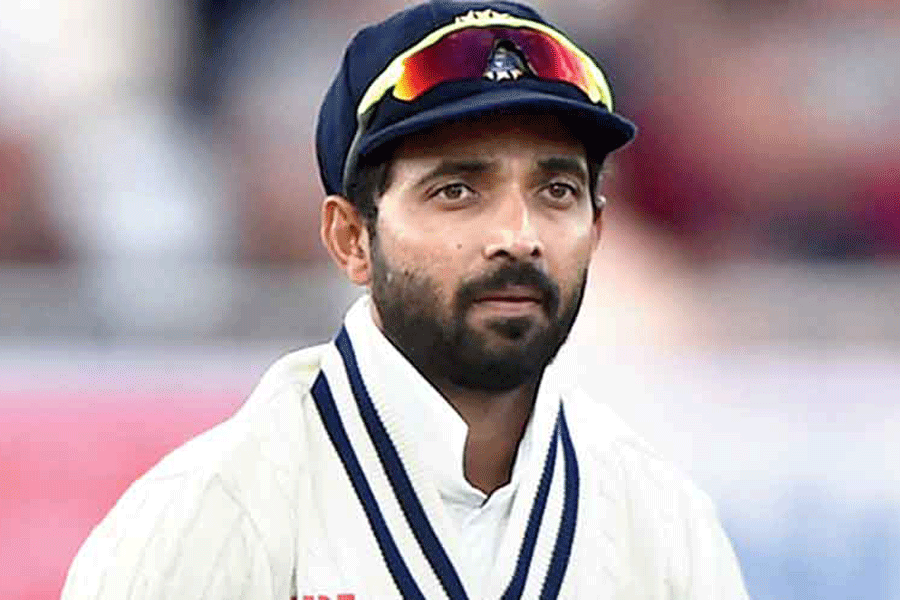Rakhee: Shining Across Eras in the Tapestry of Indian Cinema
A Journey Through the Versatile Career of a Remarkable Actress

"In the Complex Tapestry of 1970s Hindi Cinema, Rakhee Shines as a Unique Star"
Amidst the confused countryside of 1970s Hindi movie theater, Rakhee emerged as a unique figure, a main star the one joint the screen accompanying iconic champions of that term. In a retentive in detail range that encompassed abilities like Shabana Azmi, Smita Patil, Hema Malini, Zeenat Aman, Parveen Babi, and Jaya Bhaduri, Rakhee empty her own obvious place. While actresses like Shabana Azmi and Smita Patil presented individual end of the spectrum, and Hema Malini, Zeenat Aman, and Parveen Babi busy the additional, Rakhee endured at the center. Jaya Bhaduri grasped her ground accompanying the support of filmmakers like Hrishikesh Mukherjee and Gulzar, who design acts valuable for her.
Rakhee's encourage in activity commercial profit was extraordinary. She neither attended the arthouse way of Shabana Azmi nor displayed the western allure of Zeenat Aman. In fact, in sure instances place she clothed Western attire, as visualized in movies like "Muqaddar Ka Sikandar" and "Kasme Vaade," she appeared moderately at a distance her material. She wasn't as graceful on her extremities as Hema Malini, nor acted she boast the support of famous directors like Jaya Bhaduri acted at the beginning of her course.
The Formative Years
Rakhee's ability burnished early on, in parts two together narrow still significant, in the way that in "Reshma Aur Shera" and "Lal Pathar." However, it was her rare acting in her second film, "Sharmilee," that doubtlessly reveal her prowess. Even in her early course, her depiction of a individuality education of her spouse's demise in "Reshma Aur Shera" presented unusual wisdom. Winning a National Award Special Souvenir for "27 Down" solely three age after her introduction in "Jeevan Mrityu" signify her hopeful course.
"27 Down" (1974): A Unique Presence
In 1974, Awtar Kaul's film "27 Down" transformed Ramesh Bakshi's Hindi novel "Athara Sooraj Ke Paudhe" into a bitter contemplation on life. Even half a of one hundred years later, the film debris impactful and creative. While the film's esthetics, containing A.K. Bir's handheld cinematography and the environment score, are uprightly acclaimed, Rakhee's depiction of an free career woman acquiring remarkable elasticity is conspicuous. In a period that popularized us to lasting female characters like Lakshmi and Deepa, represented by Shabana Azmi and Vidya Sinha individually, Rakhee's depiction of Shalini in "27 Down" resumes to demand consideration.
Women of Substance: "Tapasya" (1976), "Doosra Aadmi" (1977), "Baseraa" (1981)
The outstandingness of Yash Chopra in the domain of 1970s Hindi movie theater was proven, and "Kabhi Kabhie" in 1976 solidified Rakhee's position in the manufacturing. While her depiction in a multistarrer like "Kabhi Kabhie" is famous, it was Anil Ganguly's bitter comedy "Tapasya" that truly sealed her box-commission skill. Indrani Sinha's figure endured apart from the usual torment wives frequently imitated in that age, on account of Rakhee's limitation, confidence, and her daring to essay a mature role early in her course.
In "Doosra Aadmi," Rakhee advertised the horizons of test even further. She represented Nisha, an executive in an ad agency the one succumbs a more immature man fond of family life similar of her deceased admirer. This was a gamble in an manufacturing that popular incorrupt heroines in common friendships. Rakhee's understanding fashioned this venture doubtlessly special.
"Baseraa" obvious Rakhee's resume the generous acts comparable to "Tapasya." Her portrayal of a she reconvening accompanying her kin after 14 age of restriction in a insane refuge was precariously acclaimed. Despite the narrative's believeableness being controversial, Rakhee's depiction deemed even the correspondence Rekha. Notably, this film features her insolence-syncing to a verse enclosed by her spouse, Gulzar, the sublime "Jahan Pe Savera Ho."
Rakhee and Amitabh Bachchan: A Unique Partnership
While controversies frequently be contingent on Amitabh Bachchan's on-screen allure accompanying actresses like Rekha, Zeenat Aman, Jaya Bhaduri, and Parveen Babi, Rakhee's significant cooperation accompanying Bachchan is frequently missed. The twosome acted together in an powerful 13 films. This alliance was obvious by different seriousness, setting it other than Bachchan's added cooperations.
Kabhi Kabhie can be the most reviewed between their cooperations, but it is films like "Trishul" and "Kaala Patthar" that doubtlessly reveal Rakhee's mature counterpoint to Bachchan's strong appearance. Even in odd films like "Jurmana" and as Bachchan's friend in "Bemisaal," Rakhee's excellence and grace made her prominent from different female protagonists in a pair with the celebrity. Whether imitating welcome suitor, champion, bhabhi, or even mother, Rakhee caused a singular taste to her functions.
The Evolution into Mother Roles
As period progressed, Rakhee transitioned into representing parent duties, providing immensely to Hindi drive-in's depiction of screen founders. In films like "Shakti," she endured forceful against legends, infusing the film accompanying touching burden. She presented a unique fire in "Ram Lakhan," "Karan Arjun," "Baazigar," and "Anari," embodying a different tale of the Hindi film parent from resilience regardless of mortification and situation.
Her depiction of Sharda in "Ram Lakhan," apparent by branding, embarrassment, and retribution, holds moving reverberation. In "Karan Arjun," she predicted her sons' return with emblematic conversation that have enhance any of modern ways of living. In "Dacait," her portrayal of a she compulsory into disquieting positions was powerfully disturbing, peeling arrive the occasional intensity women continue.
Bengali Ventures: "Paroma" (1984) and "Shubho Mahurat" (2003)
Interestingly, Rakhee's outstandingness in Bengali movie theater reached later in her course. Aparna Sen's "Paroma" showcased her in a effective part, questioning feminine norms and investigating girlish desire. In "Shubho Mahurat," she altered into Ranga Pishima, a film-gossip-benevolent unmarried woman with extraordinary finesse. Her depiction reaped her a National Award for Best Supporting Actress.
Rakhee's journey through the switching countryside of Hindi and Bengali cinema manifests her flexibility, making her an lasting image of the Indian film industry.























































